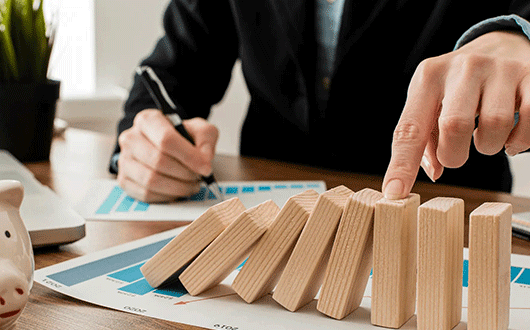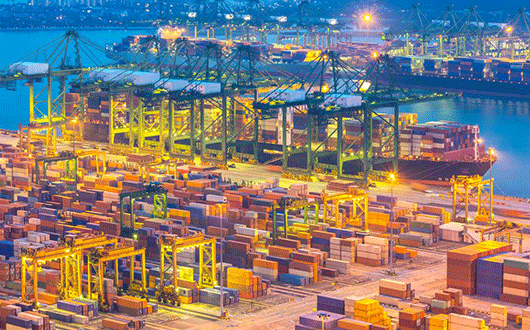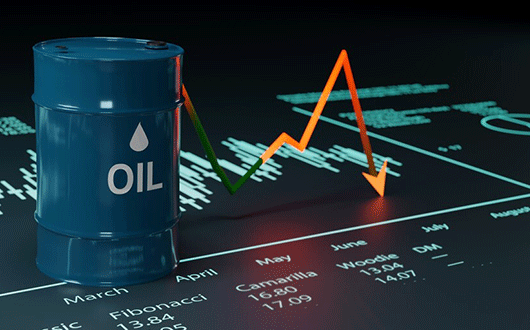Things have not been going for Pakistani exports. By December 2015, the country’s half-year exports had fallen about 14 and a half percent. The situation has only turned for the worse in January 2016.
According to latest data released by Pakistan Bureau of Statistics, January saw a 14 percent year-on-year drop in total exports. What’s responsible for it? Well, pretty much everything. As the table shows, the exports fell across key export categories – both in terms of dollar value as well as in terms of quantities. That shows that soft commodity prices aren’t the only reason behind the export drop; structural problems along with rupee-dollar parity are also responsible.
While structural problems will take a long time to fix, that is if the PML-N government is able to fulfill its promises on energy, and resolve the taxation related issues impacting the exporters.
As for the dollar, there is already a consensus among economists that there is no point keeping the rupee up artificially. Lately, voices from public sector organizations also have been asserting overtly or covertly. In his recent interview with BR Research, the CEO of Trade Development Authority of Pakistan (TDAP) Mr. S.M. Muneer categorically said that “we have to let rupee depreciate eventually.”
“China has devalued its currency recently. And I predict that China will see a further sharp devaluation in six to twelve months at the most. That devaluation will be like a bomb; it will be so big and will shake up the world. In that context, Pakistan should already let its currency depreciate; the PKR should be at least 110 to the dollar at present. Any delay in that is only hurting the country’s exports by the day,” he added.
Beyond that, the government also has to start getting its trade counselors and attaches into action. Opportunities abound in the region. For instance, Iran is opening up, and global and regional leaders are already taking or planning to take business delegations to the country. India, in the meanwhile, is also wooing the UAE rulers and has reached an understanding to boost their bilateral trade. Time is of the essence!





